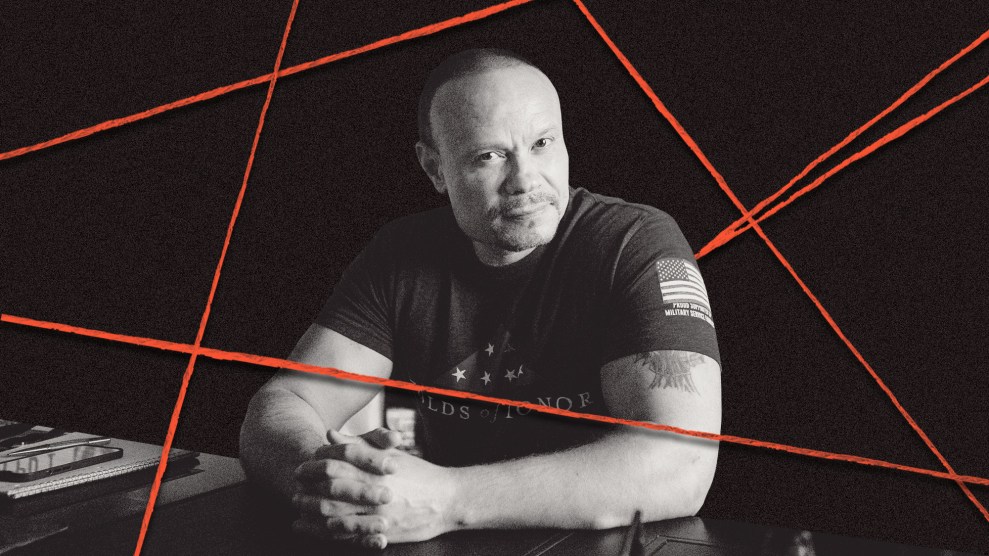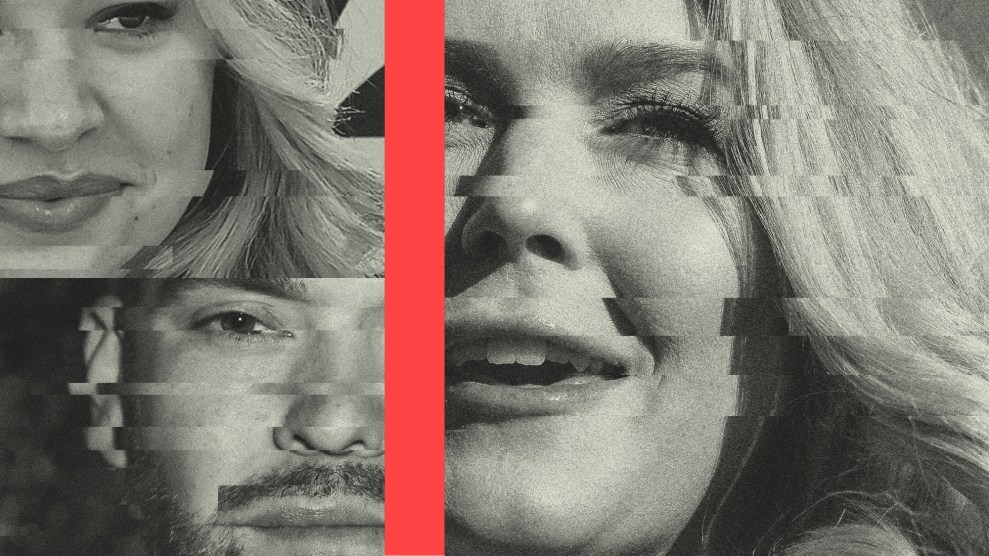
After her alcoholic father’s suicide, Amy Irvine, a former nationally ranked competitive rock climber, flees Salt Lake City for the cocoon of a beloved landscape, Utah’s red-rock country. “My home is a red desert that trembles with spirits and bones,” she begins. The jacket would have us believe Trespass is about the fight to save this desert wilderness from cowboys and their cattle who devour it. Some of the best of it is. “To epitomize ranching as the essence of Western life is to ignore…that an elimination of public-land livestock grazing would result in a loss of only 0.1 percent of the West’s total employment.”
But Irvine spends far more time exploring her desire to fit into a human world she both desires and despises. “I have always lived at the tip of a frail, slender branch that threatens to break whenever I am forced into close quarters with others.” The significant other she struggles with is her “lion man,” a coworker and fellow conservationist at the Southern Utah Wilderness Alliance, a brave, committed, unfaltering partner and welcome counterpoint to Irvine’s crippling doubts and fears. The troublesome others she grapples with are her neighbors, since Irvine hasn’t moved to just any wilderness but a Mormon one. Her own background, full of Mormon faith, rejection, and conflict, is summed up by a childhood Sunday school question: What would you do if Jesus came to your house? “I’d fix him a cocktail,” quipped her five-year-old sister.
Trespass is full of musings on Native American history, meat, hunter-gatherers, guns, polygamy, women, violence. Irvine’s language is lovely, her stories compelling. She shares deep insights. The problem is, at least two books live tangled inside this one, sometimes warring at the transitions. Irvine alludes to this tendency toward tangents in a painful confession. Invited at last to a gathering of local women in San Juan County, she’s surprised to find good wine and imported cheese. Hope sprouts. But she drinks a second glass of wine and “[m]y mouth opens like a pent-up river…I flood the room with my politics, inundate senses and sensibilities. It’s too much too fast, and there’s no vision.” Now that the overflow is past, I look forward to her next book.
















